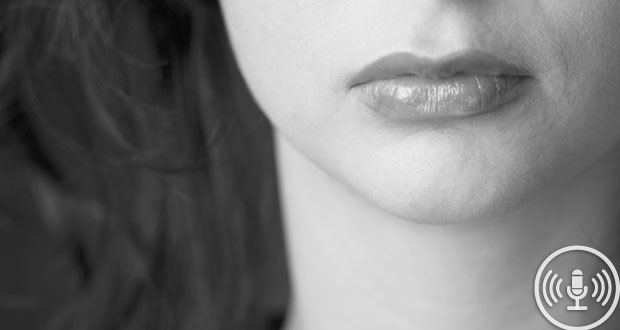Care doesn't end at the completion of treatment for head and neck cancer.
That's one message University of Queensland school of dentistry researcher Kelsey Pateman sent out ahead of World Head and Neck Cancer Day late last month.
She said it's important for all health practitioners who work with head and neck cancer patients to be aware of their needs and continue multidisciplinary management post-treatment.
Pateman’s research aims to spotlight the psychological and social care needs of survivors. “One of the reasons this is becoming more important is actually a positive – the survival rate for head and neck cancers has improved,” she said. “People are living longer after undergoing treatment and there are greater numbers of survivors in the general population."
Pateman is completing her PhD and has published several research papers on head and neck cancer.
“My research has highlighted a real need to support oral health and eating after treatment in a holistic way that focuses on building self-confidence and self-efficacy of an individual," she said. "Social support from spouses, close family members and peers is a really essential part in this process. However, this can be a problem for people who lack these social networks, so help from professional sources is really important.”
Pateman said common threads she’s noticed when speaking with survivors or those undergoing treatment include feeling isolated and a tendency not to speak about their experiences. “I’d like to increase awareness in the community, both about the challenges survivors encounter and the gaps in funding they face."
Do you have an idea for a story?Email [email protected]
 Aged Care Insite Australia's number one aged care news source
Aged Care Insite Australia's number one aged care news source

